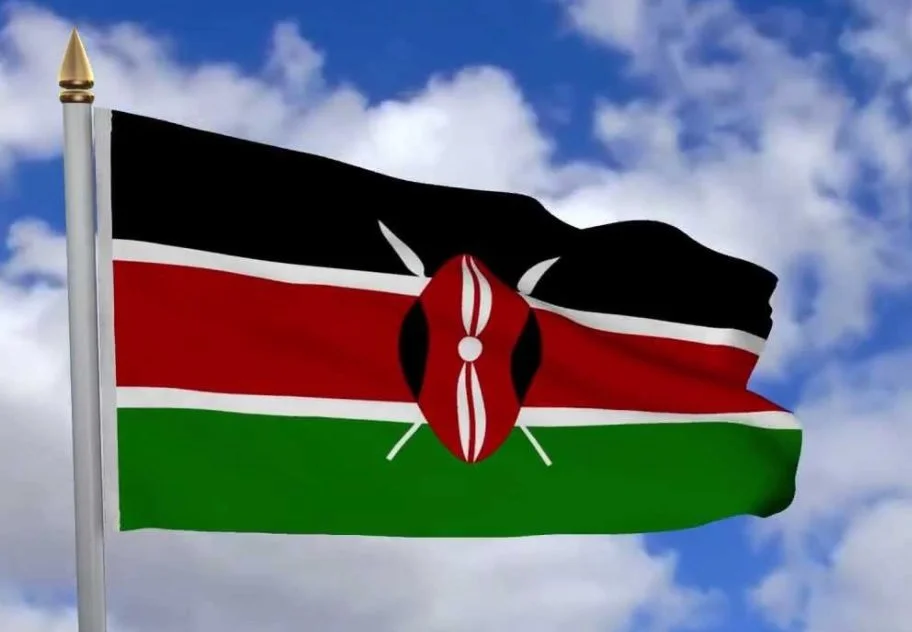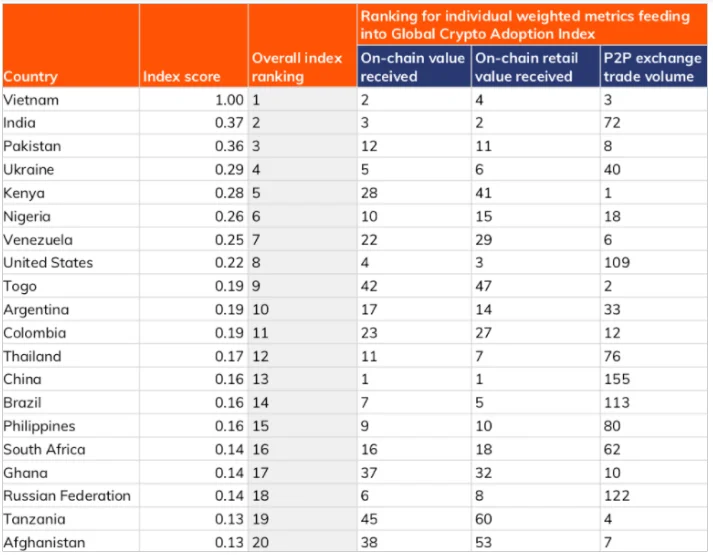According to Chainalysis’ most recent survey, Kenya rated first in the world on the peer-to-peer exchange trade index.

Kenyan citizens topped the charts with their record-breaking P2P trade data, according to the Global Crypto Adoption Index 2021, which surveyed 154 countries to examine global crypto adoption.
Furthermore, Kenya and Nigeria are ranked first and second in Africa, as well as fifth and sixth internationally, in terms of crypto usage.

The outlier P2P crypto trade statistics, on the other hand, are a result of Africa’s falling currency, which has resulted in inflation.
Since January of this year, the Kenyan currency has declined by 6.3 percent versus the US dollar, according to the Central Bank of Kenya.
“Many emerging markets face significant currency devaluation, driving residents to buy cryptocurrency on P2P platforms to preserve their savings,” according to the report.
Nonetheless, the African currencies have not yet suffered a significant depreciation in value this year. This suggests that African residents are turning to peer-to-peer crypto trading in order to make overseas transactions more economical and convenient.
P2P exchanges enable people in Africa to avoid the increasing expenses of international money transfers.
“Cryptocurrency gives those residents a way to circumvent those limits so that they can meet their financial needs,” stated the report’s authors.
The data does not show the absolute trade quantities by country, according to Chainanlysis. However, the company has taken transaction data from two of the largest and most popular peer-to-peer systems, LocalBitcoins and Paxful, which should be sufficient to provide a near approximation.
“While this means that we aren’t capturing all P2P value, we believe these two exchanges are popular enough for their metrics to act as an overall approximation,”, mentioned Chainalysis.
Kenyan adoption of cryptocurrency may be unavoidable due to the country’s economic conditions, but it has also provided residents with the opportunity to modify their economic lifestyles.
Emmanuel Kahindi, a 26-year-old Kenyan farmer, is selling his products and purchasing supplies using the Kenyan cryptocurrency Sarafu.
Kahindi emphasizes that cryptocurrency has allowed him to save his money while simultaneously earning cryptocurrency.
